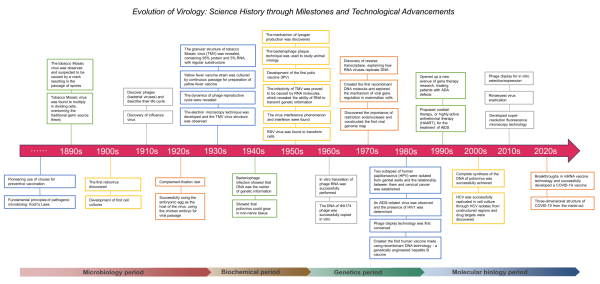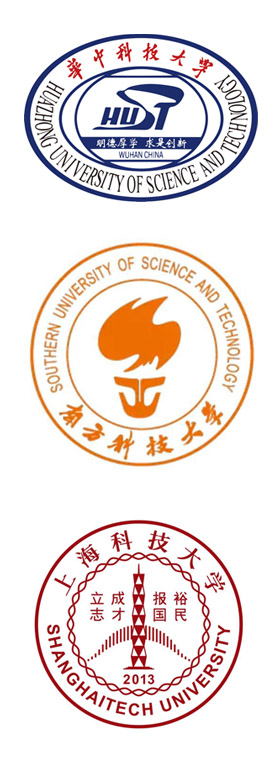On February 29th, Liu Huan, an associate professor at the Department of History and Archaeology of Science and Technology at the School of Humanities and Social Sciences of the University of Science and Technology of China, published a paper on the history of virology titled Evolution of Virology: Science History through Milestones and Technical Advancements on Viruses. This article systematically studies the evolution of virology and its important achievements and technological achievements in the history of science and technology. For the first time, it proposes the historical stages of virology development - microbiology, biochemistry, genetics, and molecular biology. With a comprehensive historical perspective, it presents the development process of virology in different historical periods and cognitive environments, revealing the evolutionary characteristics of virology The relationship and influence between internal motivation and external motivation, as well as their elements.
The article argues that in the microbiology stage, although viruses are not directly observed, Bayelink et al. proposed the concept of viruses based on microbial filtration experiments, marking the establishment of virology. In the era of biochemistry, Stanley et al. revealed the biological essence of tobacco mosaic virus by studying its structure, and emerged with innovations in phage infection replication experiments, virus protein and nucleic acid identification, and tissue culture technology. In the genetic stage, virologists have revealed the genetic characteristics of viruses. By studying the virus's lifecycle, infection mechanism, and host cell interactions, they have discovered viral RNA infectivity, reverse transcriptase, and cervical cancer virus, and determined the first viral genome DNA sequence. Since the late 20th century to the 21st century, the development of virology has entered the stage of molecular biology. Antiviral drugs and genetic engineering technology have played a role in the treatment and prevention of viral diseases. The intersection of virology and other disciplines has promoted the development of advanced biotechnology such as phage display, immunotherapy, mRNA vaccines, etc.
The study of the history of virology involves fields such as biology and medicine, and is a cross disciplinary and characteristic direction of natural science integration research. By studying the history of virology and exploring the evolution of virus discovery, vaccine development, drug development, and diagnostic technology from a general historical research perspective, the evolution and development trajectory of virology can be clearly presented.
The research work was supported by the Ministry of Science and Technology, the University of Science and Technology of China, Wuhan University, the Chinese Center for Disease Control and Prevention, and the Chinese Academy of Sciences Wuhan Virus Research Institute.
Paper link:
论文链接

Stages of the Technological Evolution of Virology from the Late 19th Century to the Present: Microbiology, Biochemistry, Genetics, and Molecular Biology






